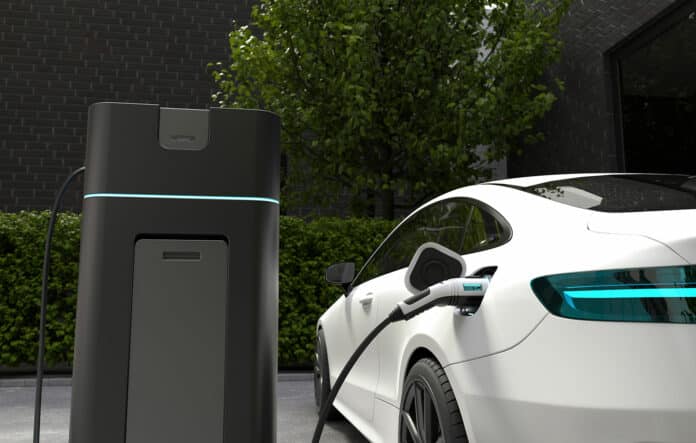
31 May, 2024 by Ashwini Sakharkar
Collected at : https://www.techexplorist.com/ai-controlled-charging-station-for-electric-cars/84353/
As global environmental concerns continue to escalate, electric vehicles (EVs) have emerged as a sustainable and eco-friendly alternative to traditional combustion vehicles.
However, one of the primary limitations of EVs is their relatively low battery capacity and lengthy charging times, necessitating the development of a widespread charging infrastructure.
The rise in electric car usage has led to challenges such as congestion and long queues at charging stations.
A recent study from Chalmers University demonstrates the potential of AI-controlled charging stations to address these issues. By offering personalized pricing and minimizing waiting times, these stations promise a future of convenience and efficiency.
The current charging infrastructure is complex, with varying subscriptions and fierce competition among providers, leading to congestion at fast charging stations. The Chalmers study introduces a mathematical model that investigates how fast charging stations controlled by artificial intelligence (AI) can help.
The AI-controlled charging station offers personalized pricing based on individual factors such as battery level and geographic location and provides drivers with more flexibility and efficiency. The model suggests that AI-controlled charging stations could optimize the use of existing infrastructure, reducing congestion and waiting times, and potentially even reducing the need for new charging stations in the future.
“The electric car drivers can choose to share information with the charging station providers and receive a personal price proposal from a smart charging station. In our study, we could show how rational and self-serving drivers react by only accepting offers that are beneficial to themselves. This leads to both price and waiting times being minimized”, says Balázs Kulcsár, professor at the Department of Electrical Engineering at Chalmers.
During the study, drivers were always given the option to decline the personalized pricing and opt for a standard charging station with a fixed rate. The personalized prices offered to the drivers varied significantly but were consistently lower than the market prices.
For charging station providers, the iterative AI algorithm could identify which individual prices were accepted by buyers and under what conditions.
However, the researchers observed that, at times, the algorithm would significantly raise the price when the electric car’s batteries were nearly empty, leaving the driver with no alternative but to accept the offer.
Also, researchers emphasize the critical importance of addressing ethical concerns, as there is a potential for artificial intelligence to misuse information obtained from motorists.
“Smart charging stations can solve complex pricing in a competitive market, but our study shows that they need to be developed and introduced with privacy protection for consumers, well in line with responsible-ethical AI paradigms,” says Balázs Kulcsár.
Journal reference:
- Sangjun Bae, Balázs Kulcsár, Sébastien Gros. Personalized dynamic pricing policy for electric vehicles: Reinforcement learning approach. Transportation Research Part C: Emerging Technologies, 2024; DOI: 10.1016/j.trc.2024.104540

Leave a Reply